According to § 30-33 of Act LXVI of 1995 (henceforth: Archives Law), our archives are publicly accessible private archives, which, as scientific institute, provide archival functions specified in the regulation 10/2002. (IV. 13.) (henceforth: Regulation) on the activities of public archives and publicly accessible private archives and in other laws.
The activities are primarily defined by the following laws:
- Act C of 2011 on the right to freedom of conscience and religion and the legal status of churches, denominations and religious communities; Act XXXVIII of 2006 on the proclamation of the UNESCO convention for the safeguarding of the intangible cultural heritage accepted in Paris on 17 October, 2003.
- Act LXIV of 2001 on the protection of cultural heritage
- Act LXXVI of 1999 on copyright;
- Act CXL of 1997 on the protection of cultural goods, museum institutions, public library services and community culture;
- Act LXVI of 1995 on public records, public archives, and the protection of private archives;
- Act LXV of 1995 on state secrets and professional secrets;
- Act LXIII of 1992 on the protection of personal data and the publicity of data of public interest;
- Act XXXIII of 1992 on the legal status of public servants;
- Act XXII of 1992 on the labor code;
- Government decree 335/2005. (XII. 29.) on the common provisions of the document management in public administrative bodies;
- 79/1995. Government decree 79/1995. (VI. 30.) on the order of handling classified data;
- Government decree 150/1992 A (EMP 20) on the implementation of Act XXXIII of 1992 on the status of public servants for the resolution of some issues related to the status of employees in arts, public culture and public collections;
- NKÖM decree 10/2002 (IV. 13.) on professional requirements related to the activities of public archives and publicly accessible private archives;
- NKÖM decree 9/2002. (IV. 5.) on issuing the professional examination requirements and on institutes entitled to organize professional examinations;
- NKÖM decree 7/2002. (II. 27.) on the College of Archives and archival supervision;
- NKÖM decree 4/2002. (II. 15.) on exercising the right of protesting against transferring archival material containing protected personal information on the basis of data protection contract;
- NKÖM decree 3/2002. (II. 15.) on the detailed rules of designation for protection of cultural heritage;
- NKÖM decree 1/2000. (I. 14
